
Understanding “Wasta”
If you’re doing business in the Middle East, you might hear the word “Wasta” a lot. But what does it mean? And why is it so important? In this post, we will explore the concept of Wasta in Middle Eastern business culture. We will also discuss why it is crucial to understand and how you can get ongoing support.
What is Wasta?
Wasta is an Arabic word that doesn’t have a direct English translation. It is often described as a mix of networking, influence, and personal connections. In simple terms, Wasta is about who you know and how those connections can help you…. Social Capital is the closest we can get.
Here are some key points about Wasta:
- It is about relationships: Wasta is built on personal and family relationships.
- It involves favours: People with Wasta can ask for favours or special treatment.
- It is a two-way street: If you have Wasta, you are expected to help others too.
- It is deeply cultural: Wasta is a normal part of life in many Middle Eastern countries.
How Wasta Works in Business
In Middle Eastern business, Wasta can play a big role. Here is how:
- Getting meetings: Someone with good Wasta might be able to set up a meeting with an important person more easily.
- Winning contracts: Sometimes, having the right connections can help a company win a business deal.
- Speeding up processes: Wasta might help speed up paperwork or official processes.
- Solving problems: If a business runs into trouble, Wasta connections might help find a solution.
- Building trust: Having a mutual connection (Wasta) can help build trust between business partners.
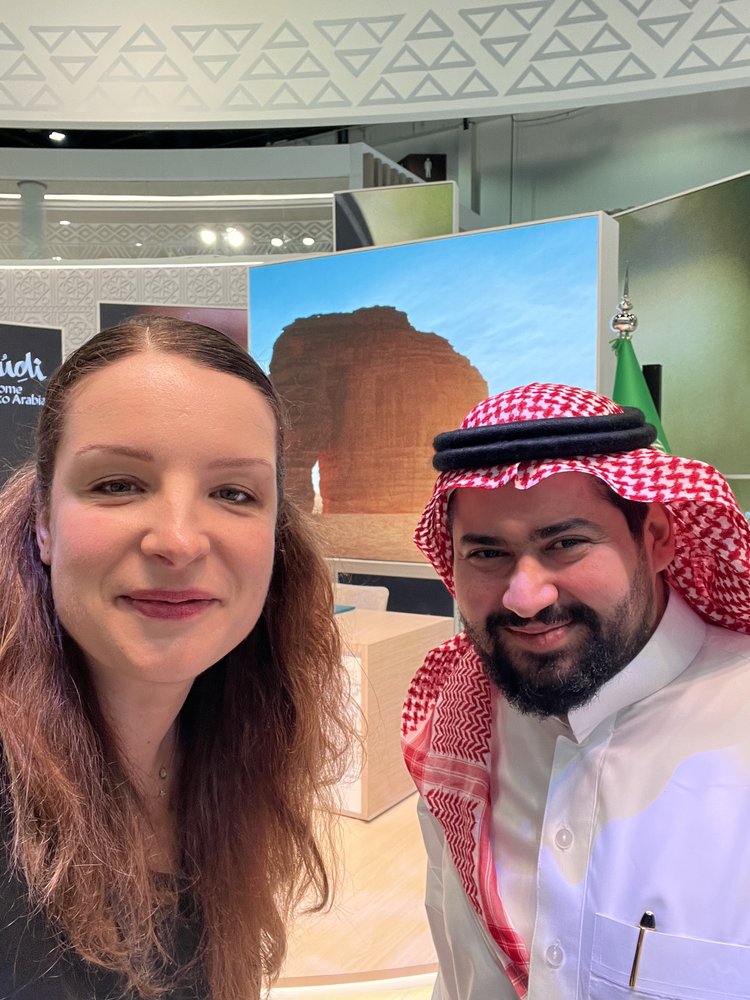
Why Understanding Wasta is Important
If you are doing business in the Middle East (or in the Arab world in general), understanding Wasta is crucial. Here is why:
- It is part of the culture: Wasta is deeply ingrained in many Middle Eastern societies. Understanding it helps you understand the culture better.
- It affects how business is done: Knowing about Wasta can help you navigate business situations more effectively.
- It can impact your strategy: You might need to adjust your business approach based on the role of Wasta in a particular country or situation.
- It helps manage expectations: Understanding Wasta can help you set realistic expectations about how quickly things might happen or how decisions are made.
Now, let us talk more broadly about why it is so important to understand cultural differences like Wasta when doing business internationally.
Avoiding Misunderstandings
Cultural differences can easily lead to misunderstandings. For example, if you don’t understand Wasta, you might misinterpret certain business practices or decisions. This could lead to frustration or even conflict.
Building Stronger Relationships
When you understand and respect cultural practices, you can build stronger business relationships. This understanding shows that you value your partners’ culture and way of doing things. And you can build your own Wasta.
Improving Communication
Understanding differences helps improve overall communication. It is not just about words – it is about understanding context and unspoken rules and learning to read situations.
Showing Respect
Taking the time to learn about how business is done in another culture shows respect. It demonstrates that you value your business partners and their local practices. This respect can go a long way in building trust and goodwill and eventually Wasta.
Gaining a Competitive Edge
In today’s global business world, understanding different cultures can give you a competitive edge. It can help you navigate complex business situations and stand out from competitors who might not have the same cultural awareness or connections.
Adapting Your Strategy
Understanding what is important to Saudi or Emirati clients allows you to adapt your business strategy effectively. For example, knowing about Wasta might lead you to focus more on building relationships and not rushing business deals.
Avoiding Costly Mistakes
Making cultural mistakes in business can be costly. Understanding local concepts can save you from potentially damaging your business relationships or losing deals.
But how can you get the best help? Here are a few options for you
- You have taken the first step by reading this blog – to ensure you never miss a new edition, ensure you are subscribed to our Middle East Insights Newsletter here
- Ongoing Support: Taking MasterClasses anytime you want can include learning about Negotiations, Specific countries and their nuances. Consider Star-CaT consulting to be ahead of the game.
- Prepare yourself for a Presentation or Business Meeting: Book a 1:1 Call
- Prepare yourself for a Job Interview: Book a 1:1 Call
Understanding concepts like Wasta is crucial for anyone looking to do business in the Middle East. These cultural practices aren’t just interesting facts – they are deeply significant aspects of society that can have a major impact on how business is done.
By taking the time to understand these you will set yourself up for more successful business relationships. Remember, it is not just about knowing the Culture – it is about understanding its significance and how it affects daily life and business.

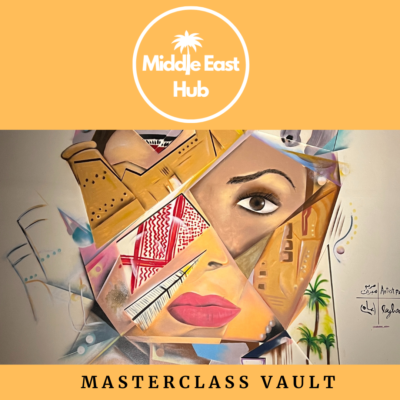
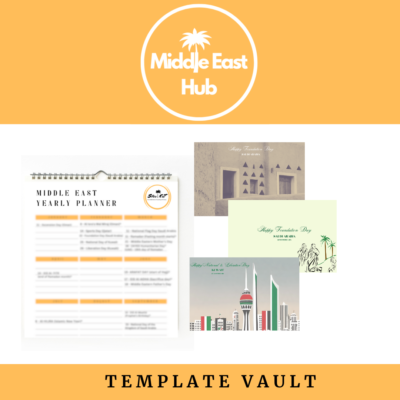
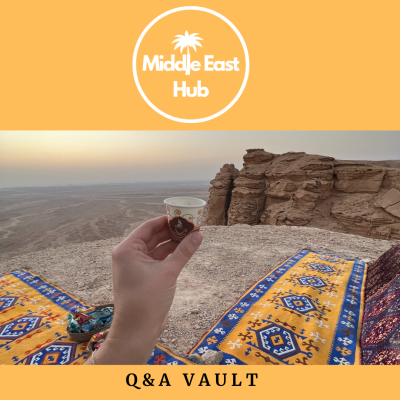
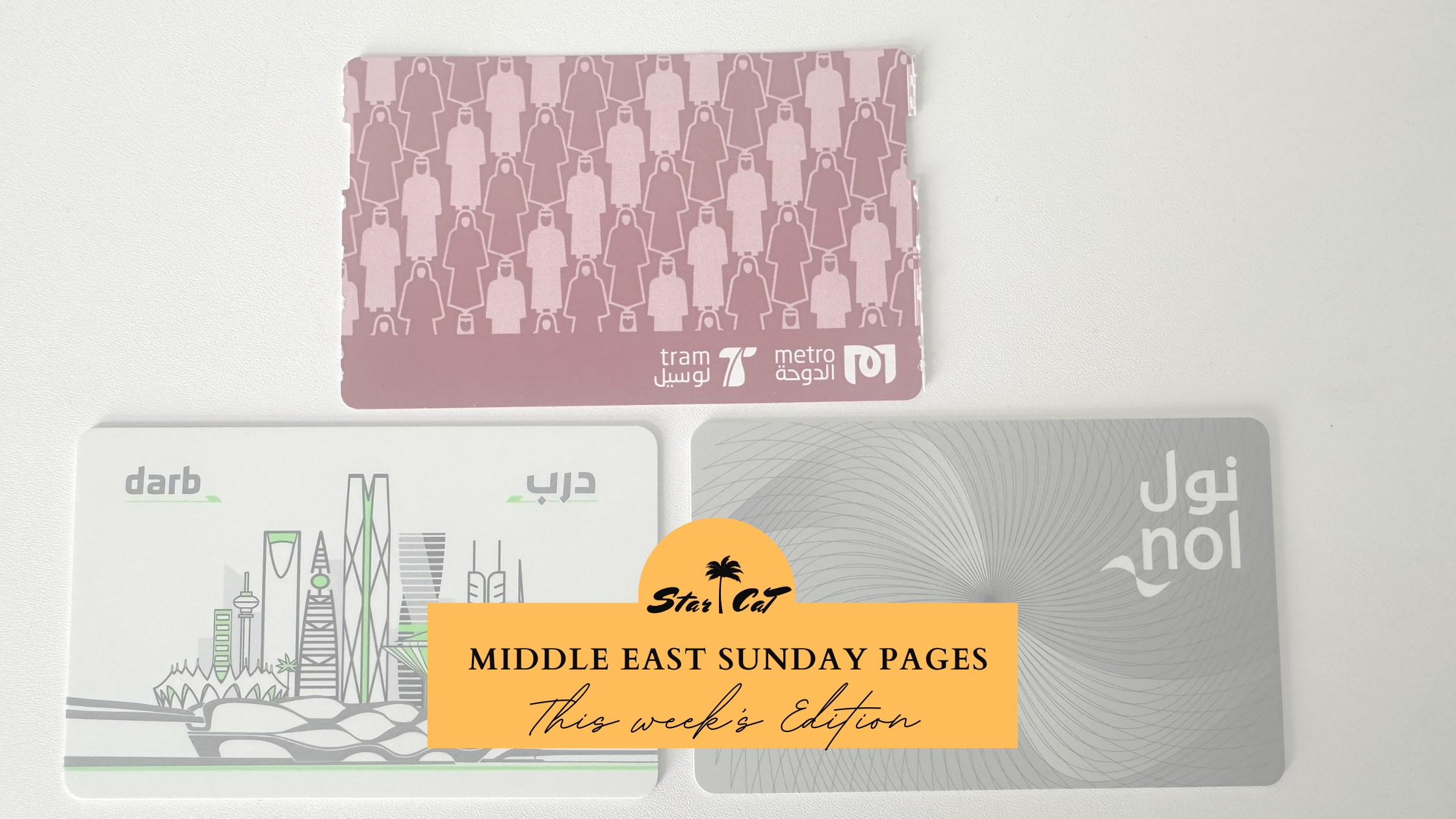
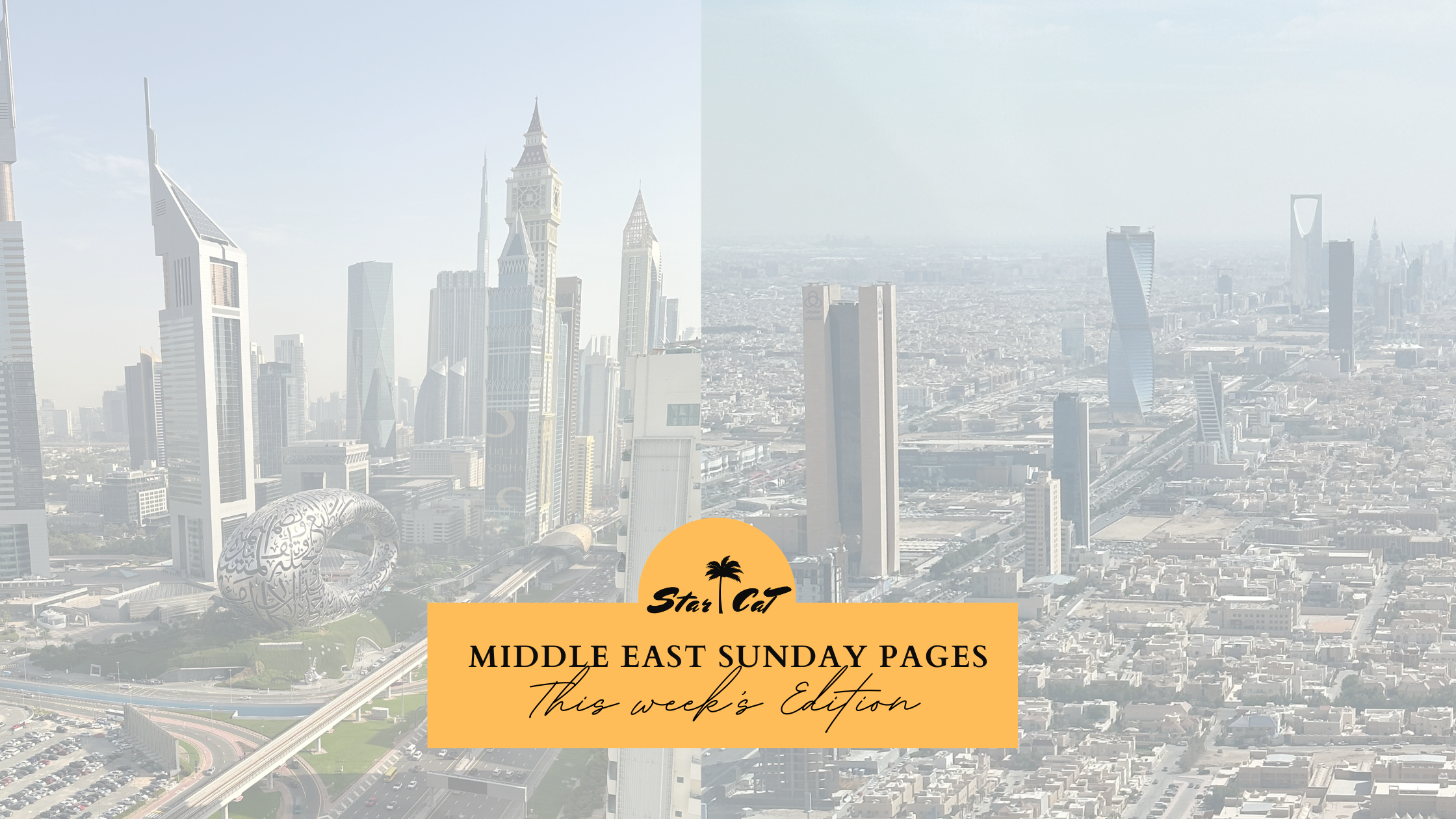

This Post Has 0 Comments